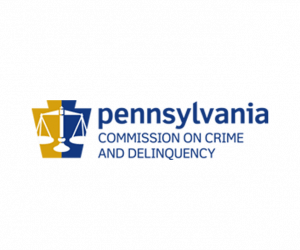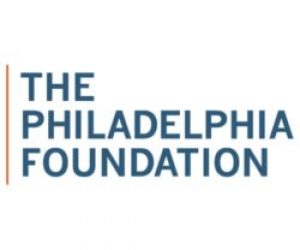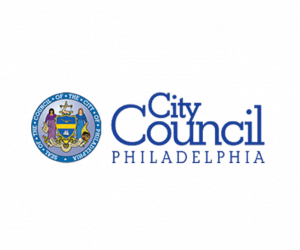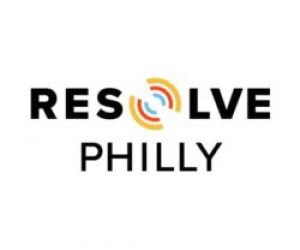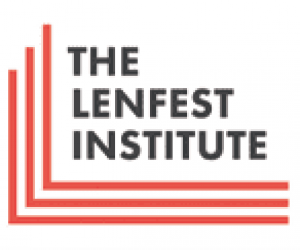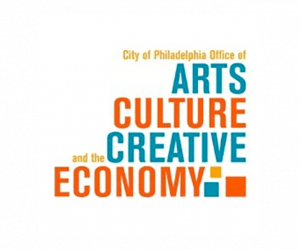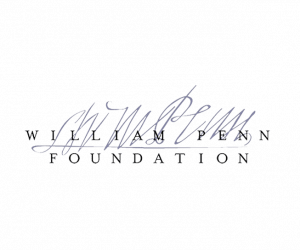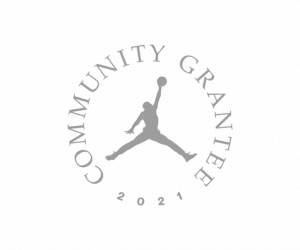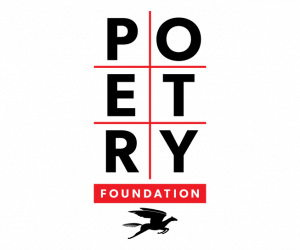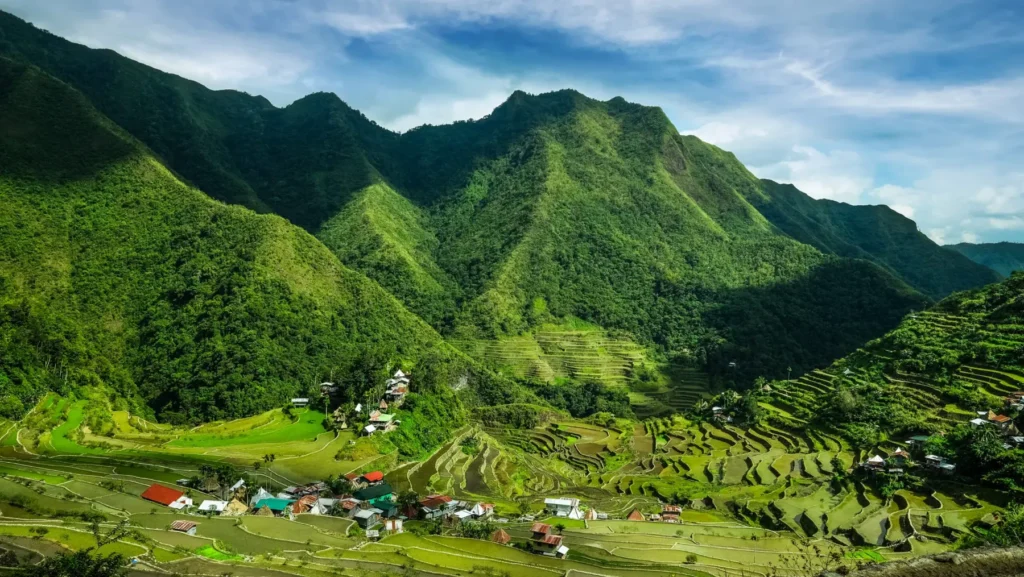
By Kristine Villanueva
The first thing you ask someone when you meet them is their name. I don’t know what my name is. Not really. The identity crisis is common for many Philippine-American people. My last name Villanueva for example, somehow made its way to my father’s side of the family through Spanish colonization, probably by forced marriage for survival. Even the country itself doesn’t have a real name. The Philippines was named after King Philip II of Spain –– a far cry sa mga datu or indigienous sovereign princes, chiefs or monarchs that once ruled the country’s more than 7,000 islands. The Philippines, for lack of a better term, was brutally colonized by Spain for three centuries. It doesn’t end there. The Philippines also became an American colony after Spain’s defeat in the Spanish-American war and only gained some independence in 1946. As a result, Philippine’s identity has been inextricably intertwined with Spanish and American colonialism.
Tagalog, the language spoken in the northern region, is flecked with Spanish words. Even adobo, a common Filipino dish which many native Philippine people and Americans attribute to Spanish influence is actually distinct from adobo spices found in Iberian cuisine.
Funny enough, I think being Filipino is exactly like being adobo. On one hand, being Filipino-American means not fully knowing your roots, like the tribe your family first belonged to, what barangay your ancestors lived in. While this is a painful truth, it can also lead to finding new ways to keep the culture alive. In learning about my heritage, I felt more empowered to embody Filipinas in history who fought for liberation. One of those Filipinas is Maria Lorena Barros, who started the women’s militant group MAKIBAKA shortly before martial law was declared by President Ferdinand Marcos in 1972. In a famous quote she said, “No longer is the [Filipina] woman for marriage but more and more a woman for action.”
What gives me hope is that there are countless other Philippine-Americans who are reviving huge swaths of the culture lost to time, including indigenous religions, traditional weaving and artistry and different Philippine scripts. Activism both in the U.S. and in the Philippines continues for issues like indigenous rights and President Rodrigo Duterte’s “war on drugs,” which led to over 12,000 deaths with at least 2,555 of the killings attributed to Philippine National Police, according to Human Rights Watch.
After most everything I write, my byline forces me to think about the origin of my name. (Yes, we’re full circle here.) While my father’s side found other ways to keep traditions alive, my mom’s side of the family managed to preserve a pre-colonial name, Hirang, which means “beloved.” The word hirang is in the first few lines of the Philippine national anthem meaning “beloved country.” My mother gave my brother and I Hirang as our middle name and it’s one reminder of the importance of cultural preservation.
In actively learning about Filipino history, culture, language, food and current events, I can better understand what being a Filipina in the U.S. means to me. I remain civically involved in my community both as a citizen and journalist. Still, the knowledge of my culture informs which traditions I choose to honor, my approach to anti-racist work and just… my view of life. My last name may not actually be mine. But I can choose what it means to me. The choice places power behind my identity and existence. And existence in and of itself is often an act of justice.

